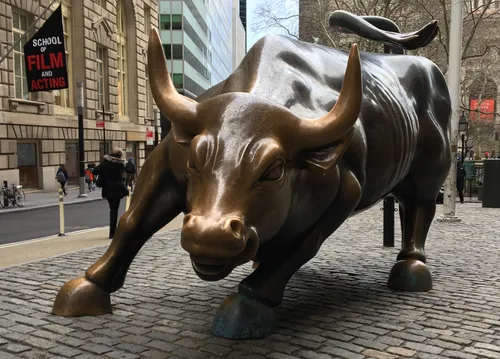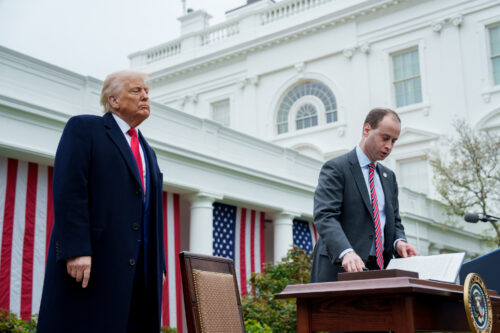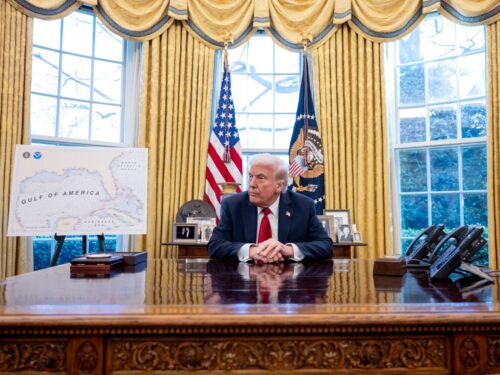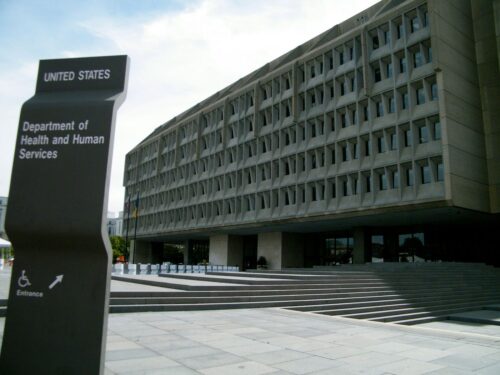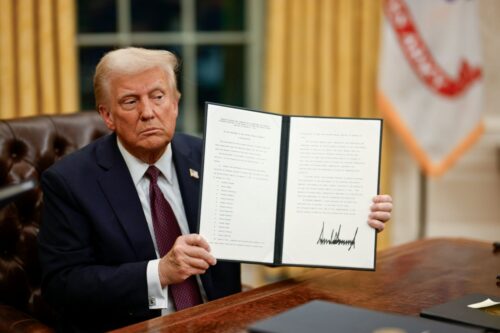Article • Data Bytes
Economy Adds 228,000 Jobs in March, Unemployment Edges Up to 4.2 Percent
The strong job growth reported for March indicates the labor market is still solid, but there are some grounds for concern.

Article • Data Bytes
The strong job growth reported for March indicates the labor market is still solid, but there are some grounds for concern.
Article
Think private equity is a wise investment? University endowment funds offer a cautionary tale.
Article • Dean Baker’s Beat the Press
Trump’s crazy tariff formula will amount to the largest tax increase in the country’s history.
Article • Dean Baker’s Beat the Press
Friedman is right that China has surpassed the US in many areas of technological power. But he’s wrong when he claims that China needs the United States to buy its stuff.
Article • Data Bytes
The Trump administration’s economic and political upheavals have yet to show up in a big way in the labor market data. March may be a turning point.
Article • Dean Baker’s Beat the Press
Trump appears to be confused about what tariffs will do for US manufacturing jobs and overall tax policy.
Article
Ecuador and Canada recently finalized negotiations for a free trade agreement, which is set to boost mining. However, the deal raises concerns over a conflict of interest, as Ecuadorian President Noboa’s family holds a stake in a Canadian mining company. The agreement also grants Canadian companies the ability to sue Ecuador in international tribunals.
Article • Expose the Heist: Power and Policy in Unprecedented Times
Another round of mass firings at Department of Health and Human Services hurts workers and imperils public health.
Article • Expose the Heist: Power and Policy in Unprecedented Times
The leadership in the Trump White House isn’t about rewarding merit – it’s about loyalty to the MAGA agenda.
Article • Expose the Heist: Power and Policy in Unprecedented Times
The Trump administration is planning to radically cut FEMA. Will they leave communities to fend for themselves after major disasters?
